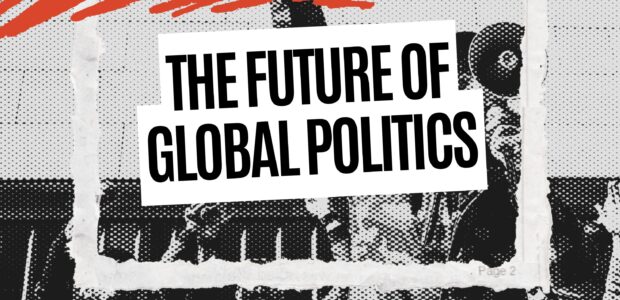Introduction
The world of politics is changing faster than ever. From shifting alliances to the influence of technology and climate change, 2025 is shaping up to be a defining year for global governance. Citizens, policymakers, and businesses alike must stay aware of these shifts to understand where the future is heading.
1. The Rise of Multipolar Power
For decades, the United States and Europe have dominated global politics. But today, we’re seeing the emergence of a multipolar world where China, India, Russia, and regional blocs like the African Union and ASEAN are gaining influence. The balance of power is no longer one-sided, and global decision-making is more complex.
2. Technology and Artificial Intelligence in Politics
AI is no longer just for businesses—it’s being used in campaigns, policymaking, and even governance. While it creates opportunities for better decision-making, it also poses risks like misinformation, election interference, and surveillance concerns. 2025 will likely see debates intensify around AI regulation in politics.
3. Climate Change as a Political Priority
Environmental policies are becoming central to political debates worldwide. Governments are under pressure to commit to green energy, carbon neutrality, and climate justice. Countries failing to act are likely to face domestic protests and international pressure.
4. Youth Power and Political Engagement
Gen Z and Millennials are now major voting blocs. Their priorities—such as climate action, digital freedom, and equality—are forcing governments and parties to rethink traditional policies. In 2025, youth-led movements will play a stronger role in shaping political outcomes.
5. Shifts in Global Trade and Economic Alliances
Trade wars, sanctions, and new economic agreements are redefining international relations. With countries seeking independence from traditional financial systems, 2025 may see more experimentation with digital currencies, regional trade pacts, and supply-chain realignments.
6. Migration and Refugee Politics
Conflicts, climate disasters, and economic instability are driving migration. Countries are debating stricter borders versus humanitarian obligations, making migration one of the most heated political issues globally.
7. The Future of Democracy and Authoritarianism
Some nations are strengthening democratic institutions, while others are leaning toward authoritarian control. Protests, censorship, and demands for greater freedoms are shaping political landscapes. 2025 could become a turning point for democracy’s resilience worldwide.
Conclusion
The future of global politics in 2025 will be marked by rapid change, uncertainty, and opportunity. Citizens, leaders, and businesses need to prepare for a more interconnected but unpredictable political environment. Understanding these trends is the first step toward navigating the challenges ahead.


